Articles

In 1995, the year the Land trust for Central North Carolina was founded, our state’s population was 7.35 million. Remember those days? Back when we bought CDs by Coolie and Joe Diffie (really?) and drove to video stores to rent copies of Toy Story, Clueless and Braveheart? When we flocked to AOL for this newfangled […]

As an urban planner with a national practice, I am frequently asked by friends and colleagues for an opinion on the Interstate 77 toll lane discussion. I’ve been all across the country this past year in areas that were either growing fast or dying slowly. So when I return home to see how a seemingly […]
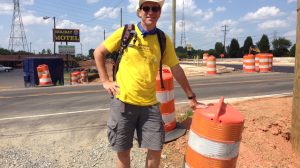
At least when explorer John Lawson came through here in 1701 it was winter. Scott Huler, a Raleigh-based writer, is retracing Lawson’s route from Charleston, S.C., to Pamlico Sound, N.C., and Tuesday he hiked from Charlotte to Concord. When I picked Huler up for a midafternoon break, he had walked up North Tryon Street from […]

If your agency or organization would like an affordable, reliable way to gauge public opinion and attitudes, the UNC Charlotte Urban Institute’s annual survey of Mecklenburg County residents is available for your survey research needs. For more than 30 years, the institute’s Charlotte-Mecklenburg Annual Survey has been a resource for local governments and nonprofit agencies […]
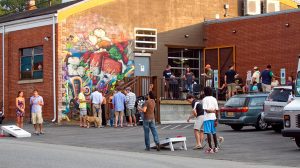
Since the 1990s, the NoDa neighborhood surrounding North Davidson and 36th streets in Charlotte has been branded as the city’s arts district. But in recent years the galleries that once clustered there have dwindled. Is NoDa still an arts district? Or has South End, along South Boulevard near uptown, overtaken it? Morgan Hamer, an artist […]
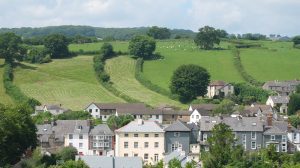
The average American city zoning ordinance could win a contest for most boring book, and a book about zoning might normally be a close second. However, Sonia Hirt’s closely reasoned new book, Zoned in the USA, makes a seemingly dull subject resonate beyond a professional audience. Hirt, a professor and associate dean in the College […]
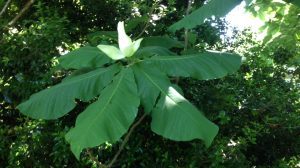
The following is excerpted, with permission, from Margins of a Greater Wildness: Nature Essays on Stanley Creek and Beyond, a collection of essays by Richard Rankin on local topics from the Stanley Creek community in eastern Gaston County, where the Rankin family has lived for many generations. One person is primarily responsible for the rediscovery […]
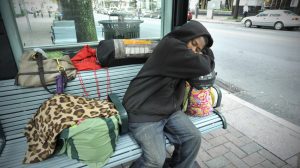
How is Charlotte-Mecklenburg’s homeless population changing? The new Charlotte-Mecklenburg Point in Time Count for 2009-2015 describes who experienced homelessness, both sheltered and unsheltered (living in a place unfit for human habitation) on a given night in Mecklenburg County. This annual count is required by the U.S. Department of Housing and Urban Development. It can help […]

Is the promise of the American Dream a reality only for the richest children? The latest book from Harvard’s Robert D. Putnam, Our Kids: The American Dream in Crisis, investigates that question. Putnam, the Peter and Isabel Malkin Professor of Public Policy at Harvard’s John F. Kennedy School of Government, will appear Monday in Charlotte, […]
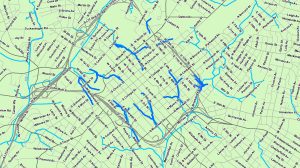
Mecklenburg’s 3,000 miles of creeks run through every part of the county. This includes uptown Charlotte, although such an urbanized spot of land might be the last place you would expect to find creeks. Many of uptown’s small creeks have been hidden from view over the years as land uses changed and storm pipes and […]

Ever wondered … what’s the oldest building in uptown Charlotte? If one were to compare the Charlotte skyline of 1975 with today’s, the city would be almost unrecognizable. Charlotte’s exponential growth over the past 40 years has produced a city much different in size and shape than even 20 years ago. But in creating this […]
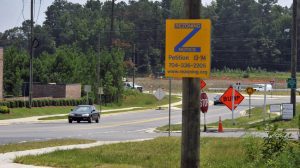
A bill has passed the N.C. House that would do away with a decades-old provision for rezonings, the protest petition, which lets nearby property owners petition for a supermajority vote by a city council or town board on whether to approve the rezoning. In this pro/con package of opinion articles, Dilworth resident Jill Walker discusses […]